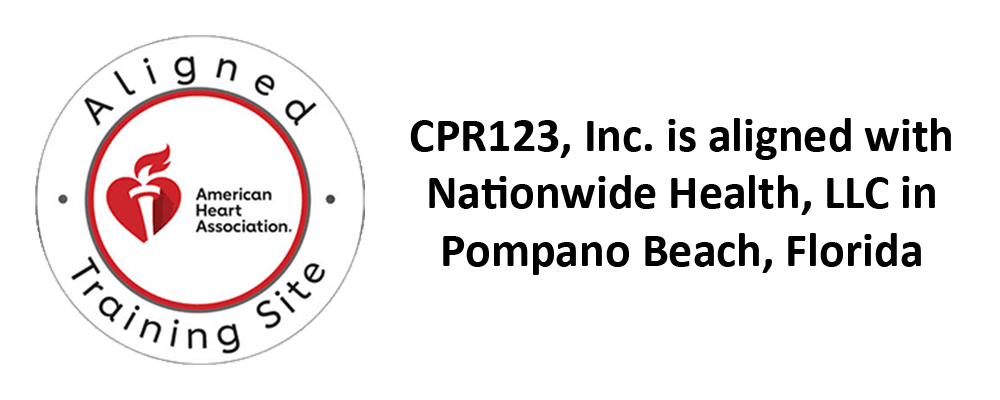Enroll in a Classroom Course for Healthcare Providers
Honing your skills as a healthcare provider is essential to continue showing you can work in healthcare settings and react appropriately to emergencies. And the best place for skill refinement is in the classroom. A healthcare provider can take up training in a classroom setting, where they can learn all they need for success. In-person classes cater to all in the healthcare field, including advancement certifications for nurses.
Broaden Your Expertise With Essential Certifications
Our AHA training center specializes in essential certifications such as BLS, ACLS, PALS, and more, developed to meet the needs of healthcare professionals aiming to enhance their skillset. Improve your skill set with classroom courses designed for healthcare providers.
BLS (Basic Life Support)
Designed for healthcare professionals needing CPR certification, this BLS course sets the foundation for critical response in various medical settings. As an AHA training center certified course, it is an excellent opportunity for individuals seeking advanced certifications. Participation in this course broadens your ability to respond adequately during life-threatening situations, an essential skill all healthcare providers must possess.
ACLS (Advanced Cardiovascular Life Support) and PALS (Pediatric Advanced Life Support)
Both ACLS and PALS advanced courses delve deeper into critical situation management. These in-class training courses give healthcare providers better direction in team dynamics, care systems, and airway management. Pediatric providers will find the PALS course particularly beneficial as it focuses on the distinct challenges of providing care to children and infants.
NRP (Neonatal Resuscitation Program)
Healthcare professionals involved in newborn care will find the NRP course invaluable. It requires both successful completion of an online assessment and hands-on practice, ensuring comprehensive competency in neonatal resuscitation.
Peripheral IV Insertion and Basic EKG
Our Peripheral IV Insertion course imparts key techniques for successful catheter insertions. On the other hand, the Basic EKG is perfect for healthcare professionals looking to hone their electrocardiogram recognition skills, an essential prerequisite for those planning to take ACLS or PALS courses.
Benefits and Opportunities
Classroom courses for healthcare providers amplify your capabilities and offer substantial career benefits. Achieving a certification from an authorized AHA training center means you are more dedicated to obtaining and preserving vital skills. You are the proactive leader, always seeking opportunities to serve other roles across the medical industry, and you stay on top of healthcare industry standards and compliance.
Group Discounts and Savings
Recognizing the importance of this training, we provide ways to save money on our classroom courses through group training discounts, hospital and school discounts, and course bundle deals. We aim to make our training accessible to all healthcare professionals eager to advance their skills and careers.
Enroll Now
Whether you want to stand out in the healthcare job market or simply aspire to be part of an efficient lifesaving team, our courses are an investment in your professional future. Learn more about how our specialized healthcare provider training can empower you to deliver outstanding care to those in need.
Enroll in our classroom courses today and take the first step toward elevating your healthcare career.


